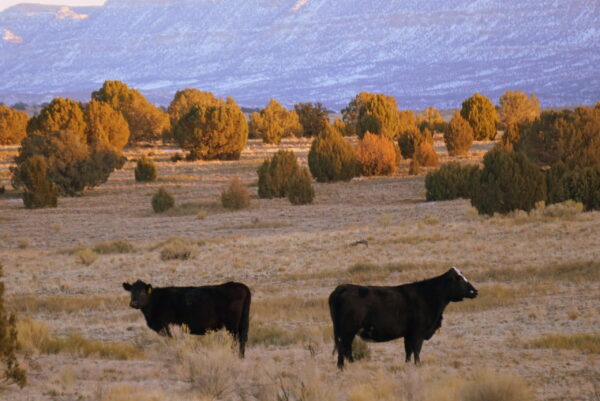We believe that the Earth was created for the benefit of mankind, and that the purpose of conservation is to magnify its long-term yield for beneficial use.
Today, we find ourselves in a hyperpolarized world where political forces all work to win the public mind. That is also true here in the western states, where the fight over shared, public land has attracted environmentalists seeking to speak on our behalf, misleading the public on our core beliefs.
For that reason, we now want to represent ourselves.
Just nine percent of Americans live in a rural county. And of those rural people, only a small slice of them live in areas dependent on public lands. We are those people. We love the land we live on-the rolling hills, the vast deserts, and the lofty mountains. Because we love this land, we care for it more than anyone else.
Like the modern-day conservationist, we believe in being good stewards of the land, but for a different reason. Unlike the modern conservationist, many of whom view humans as trespassers on the Earth, we believe that the Earth was created for the benefit of mankind, and that the purpose of conservation is to magnify its long-term yield for beneficial use.
Our belief in beneficial use agrees with the creed of every animal species, and every civilization of humankind. In fact, today’s rancher is among the long lineage of pastoralists, who for millennia, learned to care for the Earth and enjoy its bounty.
Certainly many of our predecessors have made mistakes in how they managed the land. However, history has taught that those who mismanage the land they live on, are indeed the first to pay the price for that mismanagement. Thus, these locals are the ones who care the most for the land, and are therefore the most qualified to be its stewards.
For over a century, local people have used public lands for all its natural resources-whether for timber, minerals, or grazing. These uses are protected by law, and the multiple-use mandate of most federal land is also enshrined in law. While we have openly welcomed others and shared these lands, many special interest groups have fought the multiple-use mandate, hoping to restrict use and access for only their chosen use.
We are opposed to any attempt to strip shared land of its multiple-use mandate.
We are opposed to any efforts by special interests that undermine the beneficial use principle.
We are opposed to any form of colonialism such as attempts by special interests to restrict use and access to land, placing regulation in the hands of special interests, or moving decision making to faraway capitols.
We are opposed to any harassment by the hand of special interests seeking to disrupt, impede, or obstruct the work of those engaging in permitted uses on public lands.
We are opposed to any attempt by special interests to put forth false or misleading narratives seeking to undermine the work of local stewards.
We are in favor of local stewardship.
We believe all people are stewards of the piece of Earth they stand on. Here in Rural Utah, we are the stewards of this land. Our stewardship is not merely granted to us out of some right, but out of duty, because we are the ones who are here.
We support our ranchers, our foresters, and our miners and with them as local stewards, we will all answer to that great Creator who allotted us this stewardship. Through best practices, we can enjoy the bounty of the Earth, and turn it over improved, for generations to come.
Supplemental Resources to the Manifesto for Local Stewardship
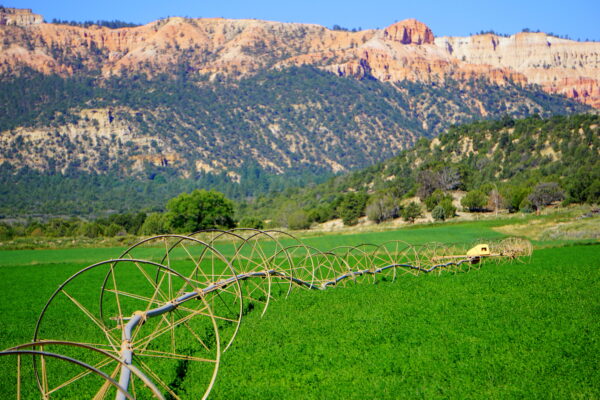
Part 1: The Fight for Control
by AJ Martel — Special interest groups often use misleading narratives in an effort to strip locals of their voice on public lands issues.
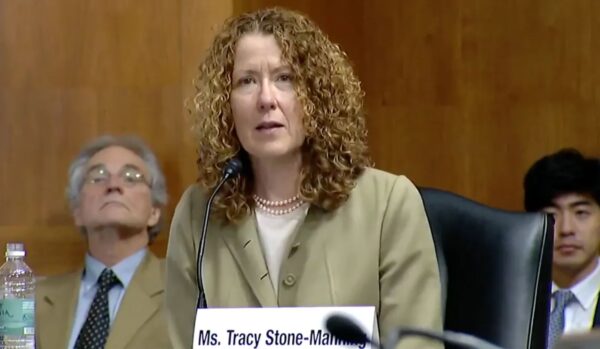
Part 2: Neo-Conservation: The Religion of Guilt
by BE Davis — The earth is a great gift. Rather than feel guilty about using the gift, we should practice gratitude instead.
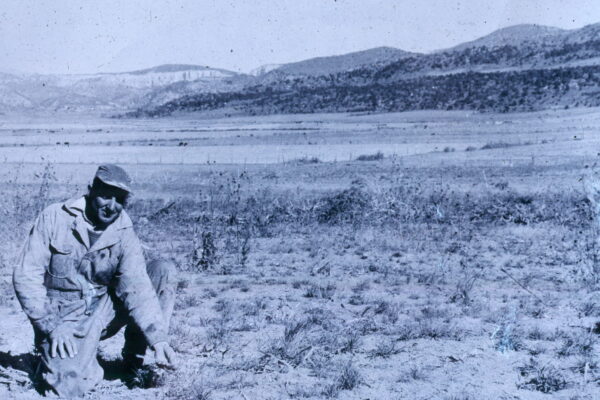
Part 3: Learning on the Heaton Ranch
by Kevin Heaton — I grew up on Heaton Ranch in Alton. Our farm and ranch collected solar energy in the form of plants that provided forage for sheep and cattle.
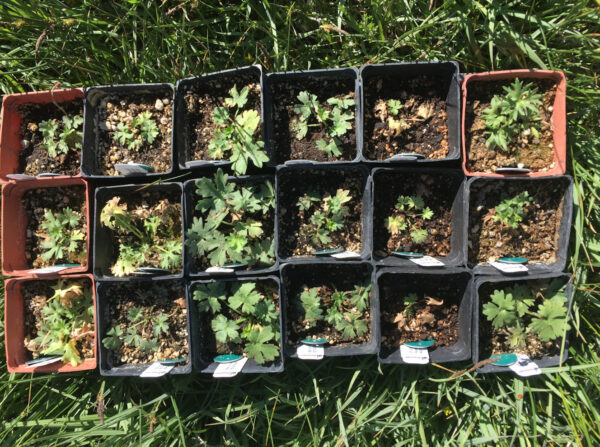
Part 4: Sustainability Is a Hallmark of Local Stewardship
by Elaine Baldwin — Environmentalists act like they invented conservation & sustainability when these have been the backbone of farming & ranching for centuries.
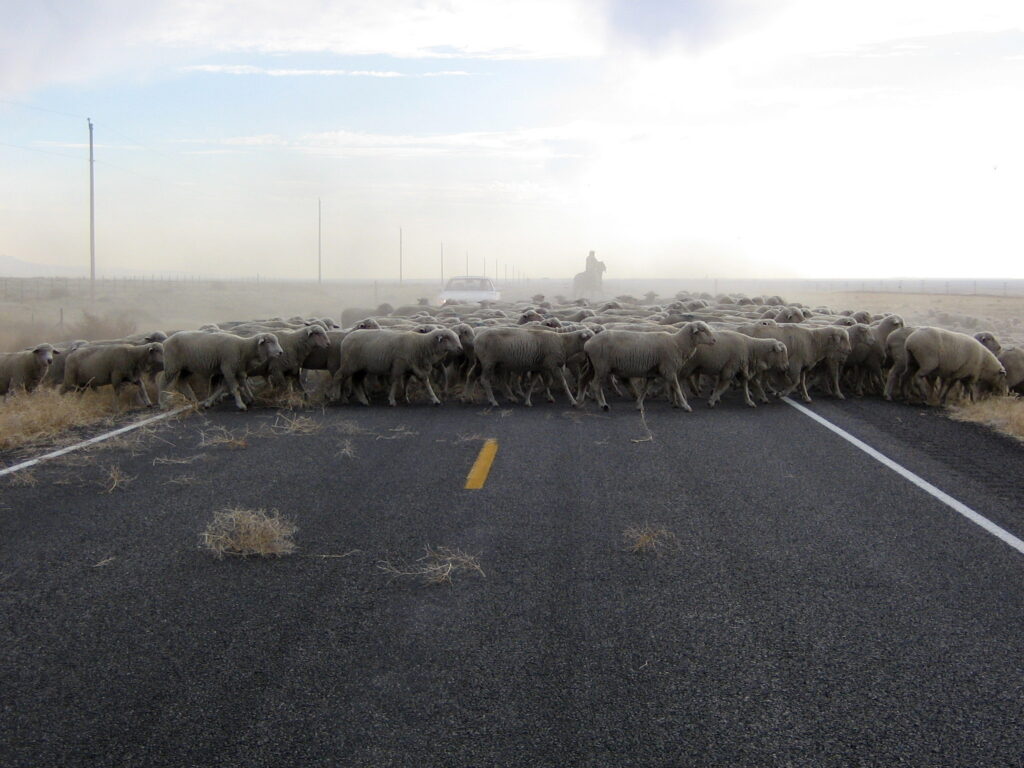
Part 5: Selfishness in the Sandbox
by AJ Martel — Conservationists should learn one great lesson from the old cowboy: you have to share and avoid selfishness in the public lands sandbox.
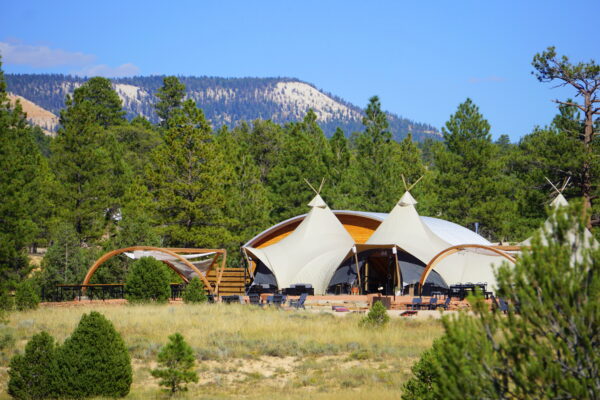
Part 6: The Expanding Powers of the Administrative State
by Dan Gardner — Using the power of the administrative state to achieve political ends is dangerous and flies in the face of constitutional principles.
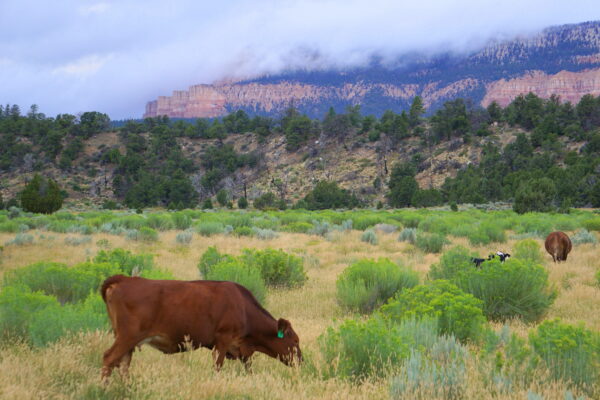
Part 7: Ranching for Generations
by Elaine Baldwin — In 1945-1947, over 7 million U.S. soldiers returned home from WWII. Many returned & found jobs in ranching, farming, mining or timber cutting.

Part 8: Environmental Accountability to the Creator
by Abbie Call — Environmental accountability extends to everyone, but ranchers & conservationists interpret the idea differently when it comes to its source.

